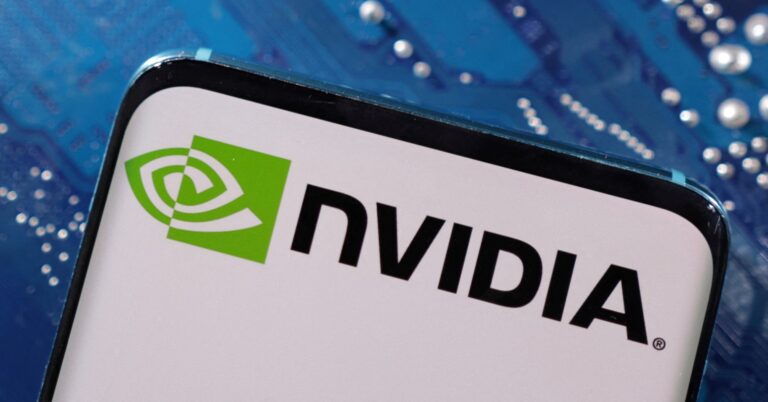Nvidia has beaten Wall Street expectations by a wide margin for several quarters thanks to surging demand for its AI chips, and investors are banking on the company’s regularly big forecast beat. The company’s stock strength has been a pillar of the market rally both this year and last, ultimately leading to what some say are insurmountable expectations.
“They won, but this is just one of those situations where expectations were high. I’m not sure they delivered numbers that people were happy with,” said JJ Kinahan, CEO of IG North America and president of online broker Tastytrade.
The forecast comes on the back of strong second-quarter profits that beat Wall Street expectations, and the AI benchmark company also announced a new $50 billion share buyback program.
“Investors want more and more from Nvidia,” said Dan Coatsworth, investment analyst at AJ Bell.
“Rather than viewing the average of analyst estimates as a benchmark for Nvidia’s performance, investors appear to have viewed the high end of the forecast range as a hurdle to clear.”
Nvidia now expects third-quarter revenue of $32.5 billion, plus or minus 2%, beating analysts’ expectations of $31.8 billion, according to LSEG data. That would represent an 80% increase from the same period last year, but below the high end of market expectations of $37.9 billion.
Buying Opportunity
Some analysts saw the drop as a buying opportunity.
“Nvidia has seen bigger drops in its (earnings) reports in the past, so we see this sell-off as an opportunity to add to the stock,” said Nancy Tengler, CEO of Laffer Tengler Investments.
“The long-term AI story is still pretty much intact. It’s just a bit of a relief that the numbers weren’t dire,” said Ben Ballinger, analyst at Quilter Cheviot.
Concerns that they may struggle to realize benefits from their huge AI investments have dogged big tech companies in recent weeks, with shares in Microsoft and Alphabet falling since their quarterly reports last month.
Analysts said the delay in ramping up production of Nvidia’s next-generation Blackwell chips until the fourth quarter was not a major concern, as the company sees strong demand for its current-generation Hopper chips.
But some analysts are concerned that Nvidia’s disclosure of information requests from U.S. and South Korean regulators, on top of previous inquiries from the EU, UK and China, could lead to increased regulatory scrutiny.
“The Justice Department’s win against Google means big tech companies need to be more conscious of regulatory intervention. Until now, that threat has been somewhat ineffective, but with this win against Google, investors need to be a little more careful,” Ballinger said.
The muted reaction to Nvidia’s earnings report could help set the tone for market sentiment heading into a historically volatile period. The S&P 500 lost an average of 0.8% in September, its worst monthly performance since World War II, according to CFRA data.
Nvidia shares fell 2.1% in trading Wednesday before the earnings report. As of the most recent close, the company was up about 150% so far in 2024, making it the biggest winner in Wall Street’s AI stock rally.

sign up here.
Reporting by Noel Landewicz in San Francisco, Saqib Ahmed in New York and Deborah Sophia in Bengaluru; Additional reporting by Aditya Soni, Kanchana Chakrabarti and Medha Singh. Editing by Ila Iosebashvili, Lisa Shmaker, Mark Potter, Saumyadev Chakrabarti and Shaunak Dasgupta.
Our standards: Thomson Reuters Trust Principles.


